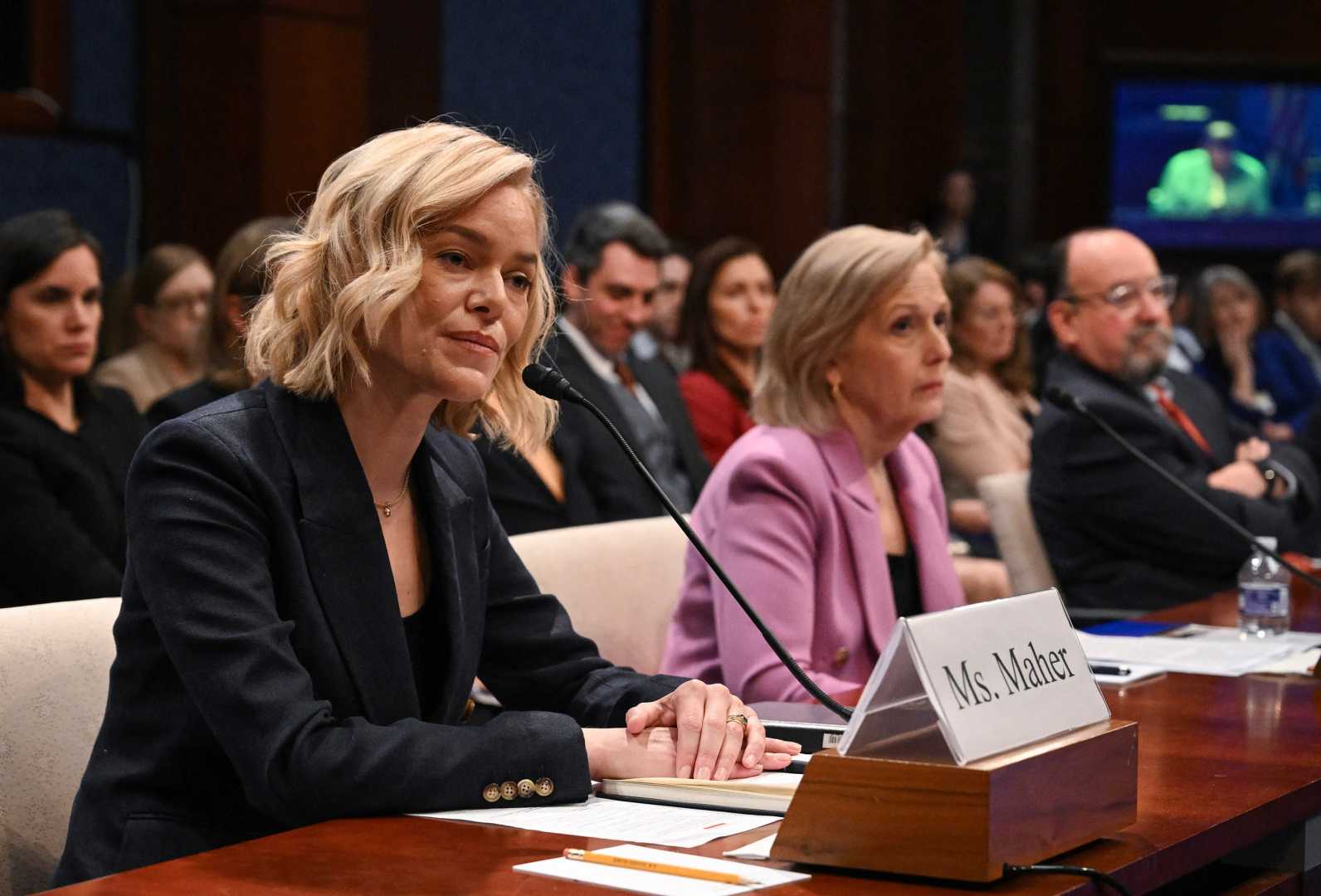Politics
Lawmakers Target PBS and NPR Funding During Contentious Hearing

WASHINGTON – In a tense hearing on Wednesday, a House Republican advocated for dismantling and defunding the nation’s public broadcasting system, a call that has significant implications for PBS and NPR. This push coincides with President Donald Trump‘s assertion that he would “love to” cut federal funding, raising concerns about the future of public media established in 1967.
The public broadcasting system receives approximately half a billion dollars annually through the Corporation for Public Broadcasting. Republican representatives have long criticized PBS and NPR for alleged liberal bias, yet previous attempts to cut funding often falter due to the substantial support local stations, particularly in rural areas, provide to communities across the nation.
During the hearing, multiple GOP lawmakers voiced their grievances, with Kentucky Rep. James Comer recalling fond memories of listening to NPR broadcasts while farming. However, he lamented, “I don’t even recognize the station anymore. It’s not news. It feels like it’s propaganda. I feel like it’s disinformation every time I listen to NPR.” His sentiments reflect a growing frustration among some Republicans who feel these networks have diverged from their origination.
Georgia Rep. Marjorie Taylor Greene exhibited a photo of what she called a “drag queen” featured on a PBS children’s program, criticizing its inclusion as inappropriate. In response, PBS Chief Executive Paula Kerger clarified that the reference was an error made on a website but did not air on the program. The inclusion of transgender stories in adult programming was defended by Kerger as a representation of diverse American experiences.
Democrats on the committee denounced the hearing as a distraction from pressing issues, such as a recent disclosure of a journalist’s involvement in a text chain regarding a U.S. military operation in Yemen. “If shame was still a thing, this hearing would be shameful,” Massachusetts Rep. Stephen Lynch remarked, seeking to redirect focus to substantial matters affecting the nation.
In a lighter moment, California Rep. Robert Garcia humorously questioned if the red Sesame Street character Elmo was or ever had been a member of the Communist Party. Kerger responded simply, “He’s a puppet. But, no.”
NPR President Katherine Maher recognized some past missteps during the hearing, particularly the network’s initial dismissal of concerns regarding Hunter Biden‘s laptop. Maher noted her regret for prior anti-Trump posts she made before joining NPR, yet insisted to the committee that NPR strives to represent diverse political viewpoints.
Internal documents shared by The New York Times indicated NPR’s weekly listenership dropped from 60 million to 42 million between 2020 and 2024, though Maher stated this figure has slightly rebounded in the last year. “I do not believe we are politically biased,” she asserted. “We are a non-biased organization.”
Uri Berliner, a former NPR editor who resigned in protest over perceived one-sidedness, suggested in a recent op-ed that NPR should forgo taxpayer funds to embrace a clearer mission statement. He wrote, “Don’t try to conceal what everyone knows already.”
In response to questions regarding the sustainability of NPR without public funding, Maher warned, “It would be incredibly damaging to the national public radio system.” Meanwhile, Kerger highlighted PBS’s essential service to local communities, particularly in educational content for children, emphasizing her concerns for the future of smaller stations that depend on federal support. “This is an existential moment for them,” she stated, reflecting the heightened uncertainty in the current political climate over public broadcasting funding.
___David Bauder writes about media for the AP. Follow him at and Copyright 2025 The Associated Press. All rights reserved. This material may not be published, broadcast, rewritten or redistributed without permission.












